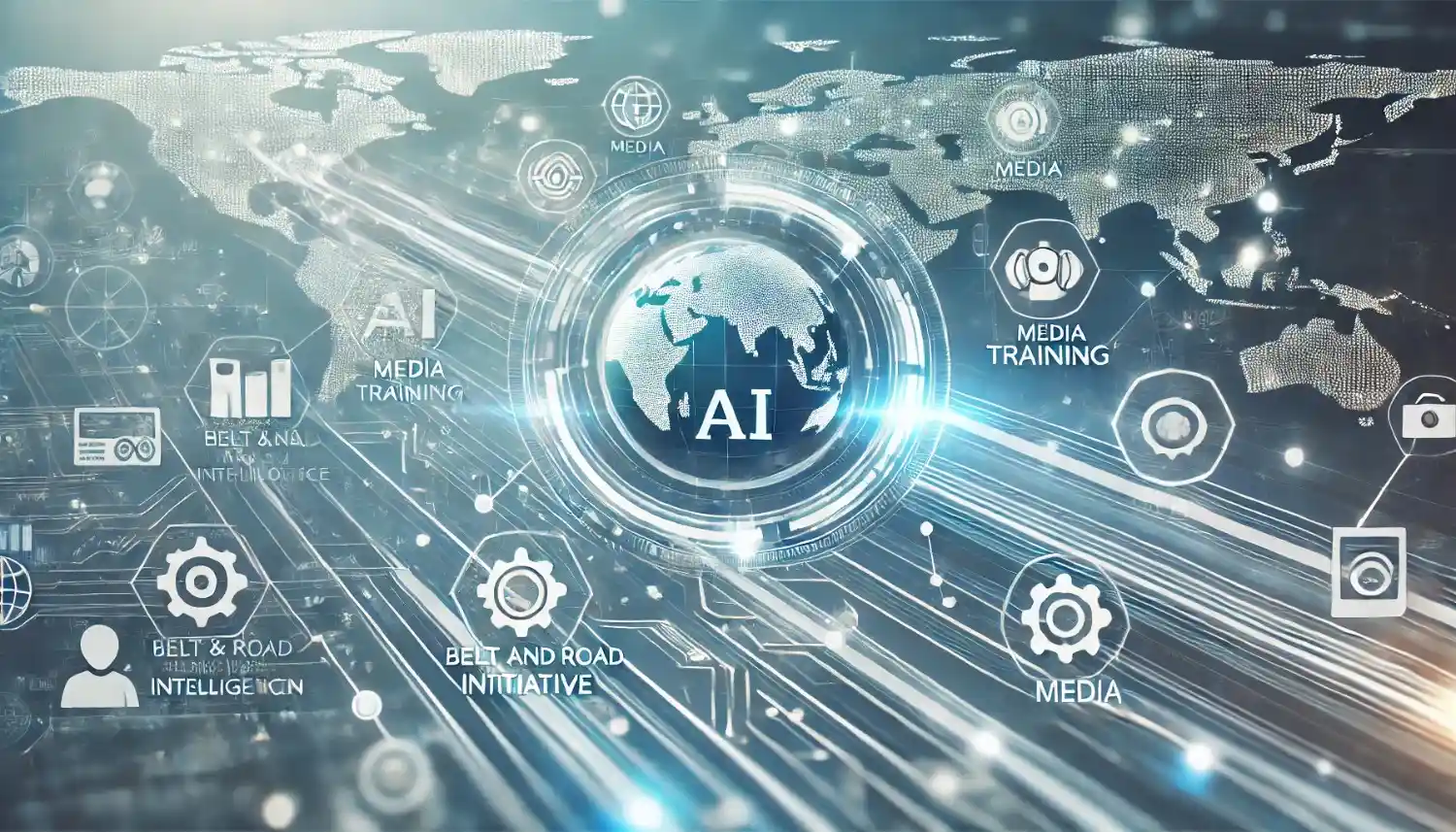The China Broadcasting and TV Centre, funded by the Chinese Ministry of Commerce, held a two-week training programme from August 15 to 28, as part of the Belt and Road Initiative. The event brought together media professionals from Jordan, Palestine, Bahrain, Kurdistan Iraq, and Tunisia to discuss the impact of technology on the media landscape.
A key highlight of the programme was a session titled “Technology is Reshaping Both the Real and Virtual Worlds,” led by Professor Wang Shuyi from the Communication University of China. The session explored topics such as the ethical challenges of artificial intelligence (AI), the AI arms race, and the global inequalities arising from rapid technological advancements.
Professor Wang emphasized the neutral nature of AI, stating that its impact depends on its use. “While AI can create opportunities and enhance industries, it also poses risks if misused,” Wang noted. He explained that AI, while capable of mimicking human skills, cannot replace human creativity and decision-making. The session also demonstrated how AI-generated works can deceive, as seen in the creation of an “Art Award” for AI-generated art.
The discussion also highlighted the global competition in AI development, particularly between China and the United States, with economic and technological advancements driving their rivalry. Rather than traditional military conflict, these powers are now competing through AI and Big Data, which are pivotal to their economies.
Participants examined AI’s broader societal implications, including concerns over the growing divide between developed and developing nations. While AI has the potential to promote global equality, Wang pointed out that the lack of infrastructure, especially in cybersecurity, in developing countries remains a significant challenge. Stable infrastructure and peace are essential to fostering innovation and benefiting from AI technology.
The programme underscored the importance of ethical guidelines for AI usage as its influence continues to grow in both real and virtual worlds. Discussions also addressed how AI can improve public services and societal outcomes if used responsibly by governments.
The event concluded by emphasizing the need for international cooperation in AI development, as the technology is expected to play an increasingly critical role in global economic competition.















